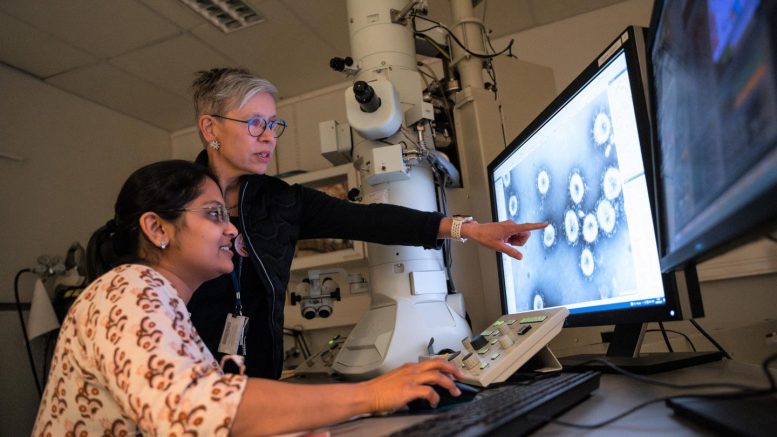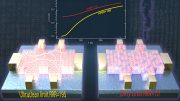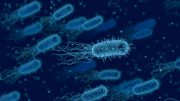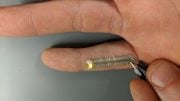
The research group of the Professor of Cell and Molecular Biology Varpu Marjomäki from the University of Jyväskylä, is investigating how different surfaces and materials could decrease the spread of viral diseases. Credit: Tommi Sassi
Studies at the University of Jyväskylä in Finland show that resin-treated plastics can quickly deactivate viruses, part of a larger effort under the BIOPROT project to develop bio-based antiviral materials for protective gear.
Viruses can remain active on solid surfaces for extended periods, potentially raising the risk of infection. Professor Varpu Marjomäki, a Cell and Molecular Biology expert at the University of Jyväskylä, and her research team are exploring how various surfaces and materials can help reduce the transmission of viral diseases. Specifically, they are examining the survival duration of coronaviruses on different surfaces under varying conditions of humidity and temperature.
“This information would be of direct benefit to both consumers and industry. Antiviral functionality could be used, for example, in restaurants, kindergartens, public transport, and stores, on different surfaces, where viruses can potentially stay infective for a long time and spread easily,” says Professor Varpu Marjomäki from the University of Jyväskylä.
Plastic Surfaces With Antiviral Functionality
The researchers of the Nanoscience Center of the University of Jyväskylä studied resin-embedded plastic surfaces against both the seasonal human coronavirus and the SARS-CoV-2 virus.
“In our recent study, we found that the viruses stayed infective for more than two days on plastic surfaces that were not treated at all. In contrast, a plastic surface containing resin showed good antiviral activity within fifteen minutes of contact and excellent efficacy after thirty minutes. Plastic treated with resin is therefore a promising candidate for an antiviral surface,” says Marjomäki.
Research Cooperation Project With Premix Oy
The research is part of the BIOPROT project (Development of bio-based and antimicrobial materials and use as protective equipment) funded by Business Finland and has been done in collaboration with the Finnish company Premix Oy.
“The project aims to study existing and develop new antiviral solutions in cooperation with companies such as Premix Oy. This will help to create new products for future pandemics and epidemics,” says Marjomäki.
New Bio-Based and Antimicrobial Materials in Protective Equipment
The BIOPROT project involves a total of six universities and research institutes and several companies. The project is coordinated by LUT University and aims to develop new, sustainable and safe material solutions that will be used in the fight against infections, with a particular focus on respiratory and surgical mouth masks and reusable masks for industrial use. It is also hoped that the project will improve the self-sufficiency of products and materials in Europe. At the University of Jyväskylä, under the supervision of Marjomäki, the project is developing bio-based antiviral materials.
“Effective and nature-derived antivirals are available in Finland and could be used for the functionalization of masks and surfaces. Presently, there are only few bio-based functional solutions available, so we have an opportunity to be pioneers in this field,” says Marjomäki.
Reference: “Antiviral action of a functionalized plastic surface against human coronaviruses” by Sailee Shroff, Marjo Haapakoski, Kosti Tapio, Mira Laajala, Miika Leppänen, Zlatka Plavec, Antti Haapala, Sarah J. Butcher, Janne A. Ihalainen, J. Jussi Toppari and Varpu Marjomäki, 16 January 2024, Microbiology Spectrum.
DOI: 10.1128/spectrum.03008-23









Be the first to comment on "Meet the Virus-Killing Plastic That’s Changing the COVID Game"